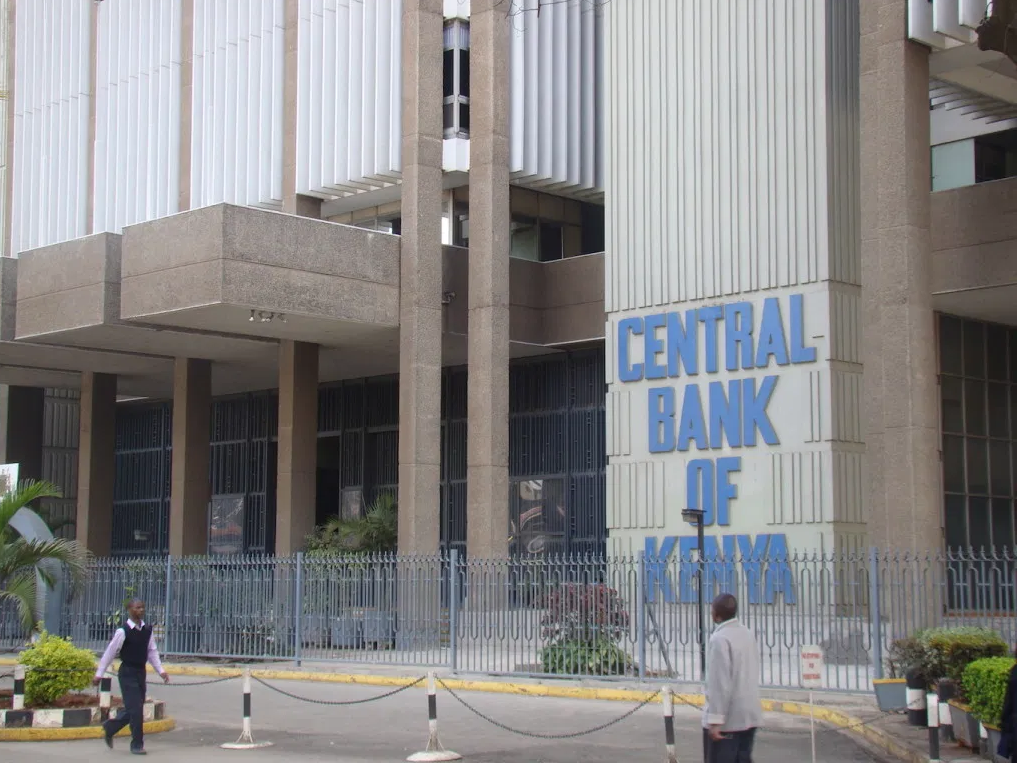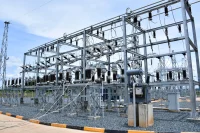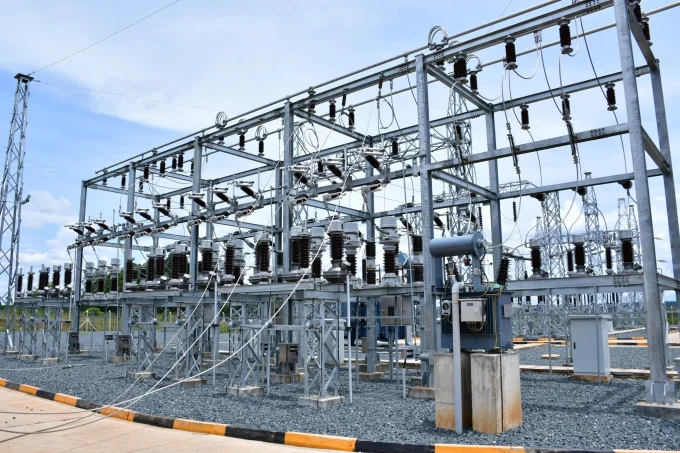The State has accused Rubis Energies and the Oil Marketers Association of Kenya (OMAK) of attempting to create an artificial fuel shortage. The back-and-forth stems from the importation of 30,000 tonnes of Petrol over the holiday season.
In letters to the Petroleum Ministry and the Energy and Petroleum Regulatory Authority (Epra), Rubis Energy CEO Christian Bergeron and OMAK maintained that the importation and offloading of the cargo contravened regulations. They termed it it illegal as it was done outside the Open Tender System (OTS).
The Petroleum Act of 2009 hands the Ministry of Petroleum and Epra control over the importation of petrol through the OTS system. With private imports of refined petroleum products outlawed, the OTS system allows the lowest bidder on any given product to import on behalf of the other oil marketing companies.
“We therefore wish to express our dissatisfaction in the way the import was planned to give undue advantage to a few OMCs (oil marketing companies) which is contrary to the OTS terms and conditions,” Bergeron wrote.
Gulf Energy notably imported the 37.5 million litres of super petrol aboard the vessel MT Jag Prarena.
The Petroleum ministry, however, dismissed the concerns by Rubis, revealing that stakeholders had agreed on an emergency stock to avoid supply problems with increased demand over the holidays.
READ>>Petroleum Levy Saves Kenyans From Fuel Prices Hike Ahead Of Festivities
Rubis Energy was among attendees of a virtual meeting on November 30, 2021 in which importation of the emergency stock of super petrol was part of the agenda. The Petroleum ministry asserted that their assertions could potentially cause an artificial fuel shortage.
“We are therefore surprised that even after attending the Vessel Scheduling Meeting (VSM) you chose to go public alleging that this was a private cargo/illegal cargo. This kind of insincerity is not only unfair but unacceptable.”
“You alluded that the country was to face a stock out, which is dangerous and would cause panic buying and cause an artificial shortage.” Petroleum Principal Secretary Andrew Kamau wrote to Rubis in response.
Kamau doubled down on the decision to 2013 when an oil marketing company expected to import jet fuel failed to do so, resulting in challenges across the aviation industry.
“The interest of the Kenyan people come first. It therefore requires a high degree of soberness to manage the oil industry today,” Kamau asserted.
READ>>Kenya Commits To Remove Biomass Fuels By 2028

![Rubis Energy CEO Christian Bergeron maintained that the importation and offloading of the cargo contravened regulations. [Photo/ Courtesy]](https://businesstoday.co.ke/wp-content/uploads/2022/01/Rubis.jpg)

















































![Pula Co-Founders and Co-CEOs, Rose Goslinga & Thomas Njeru. Pula provides agricultural insurance and digital products to help smallholder farmers manage climate risks, improve farming practices and increase their incomes. [ Photo / Courtesy ]](https://businesstoday.co.ke/wp-content/uploads/2021/01/Pula-Co-Founders-and-Co-CEOs-Thomas-Njeru-Rose-Goslinga.jpg)



























































Leave a comment